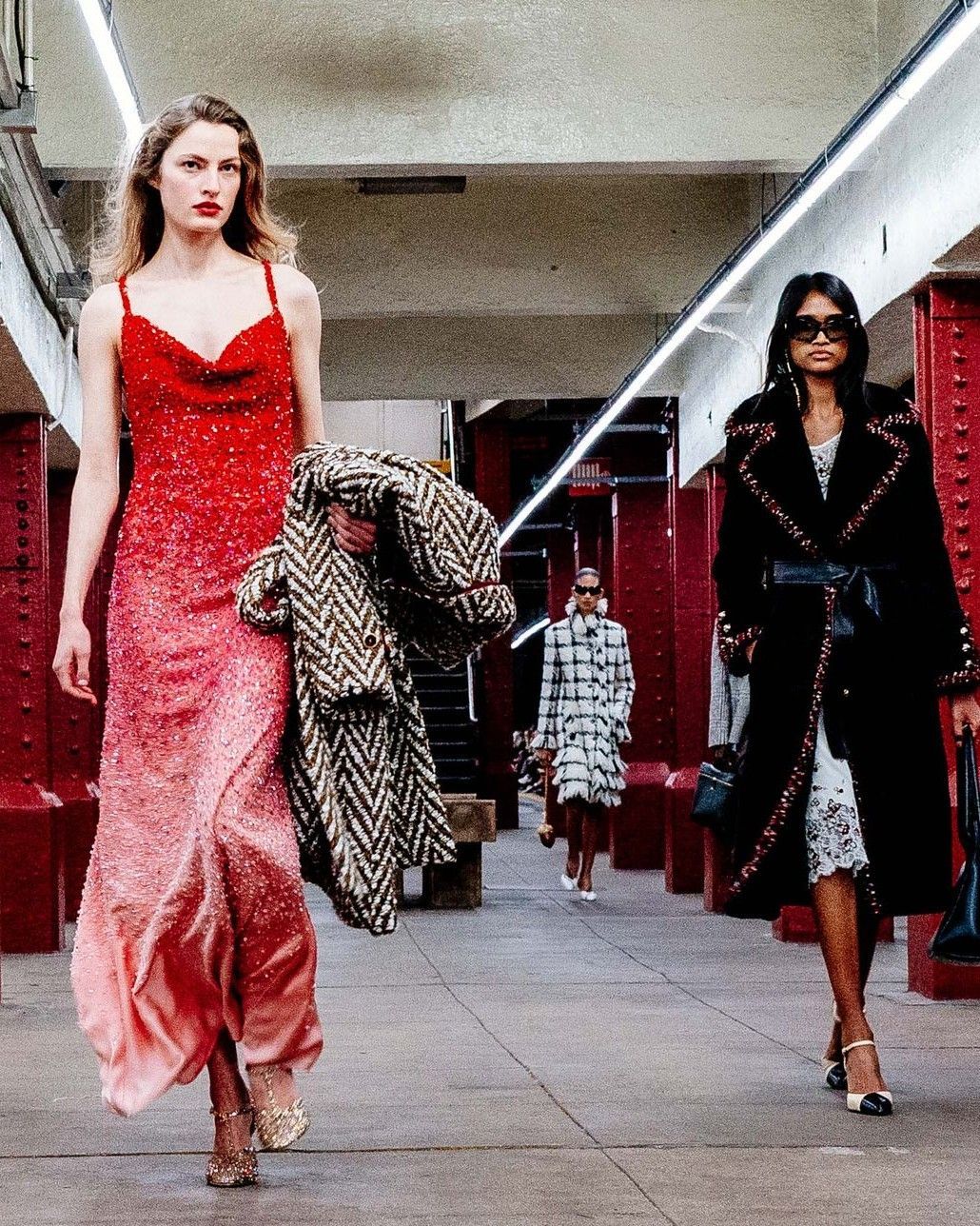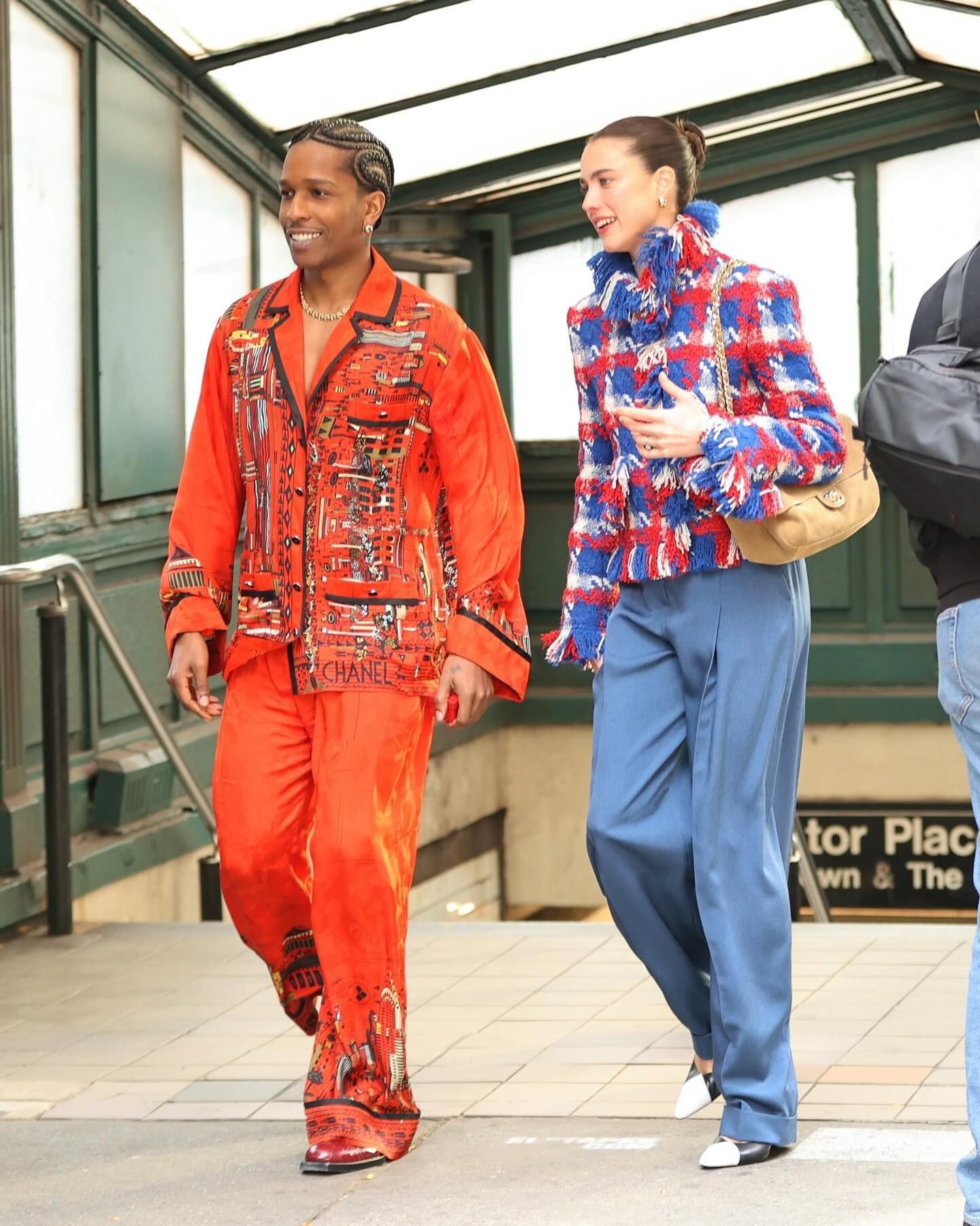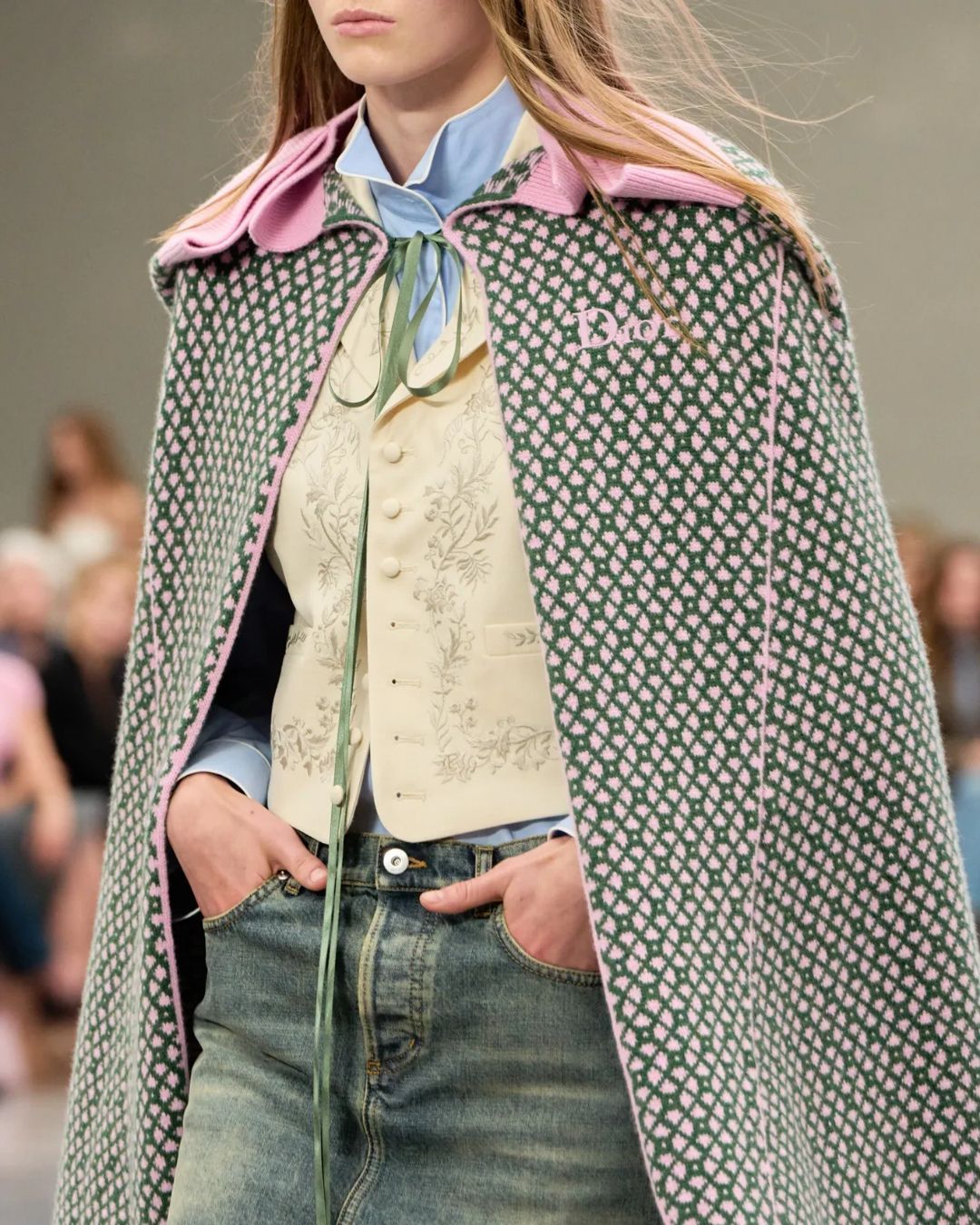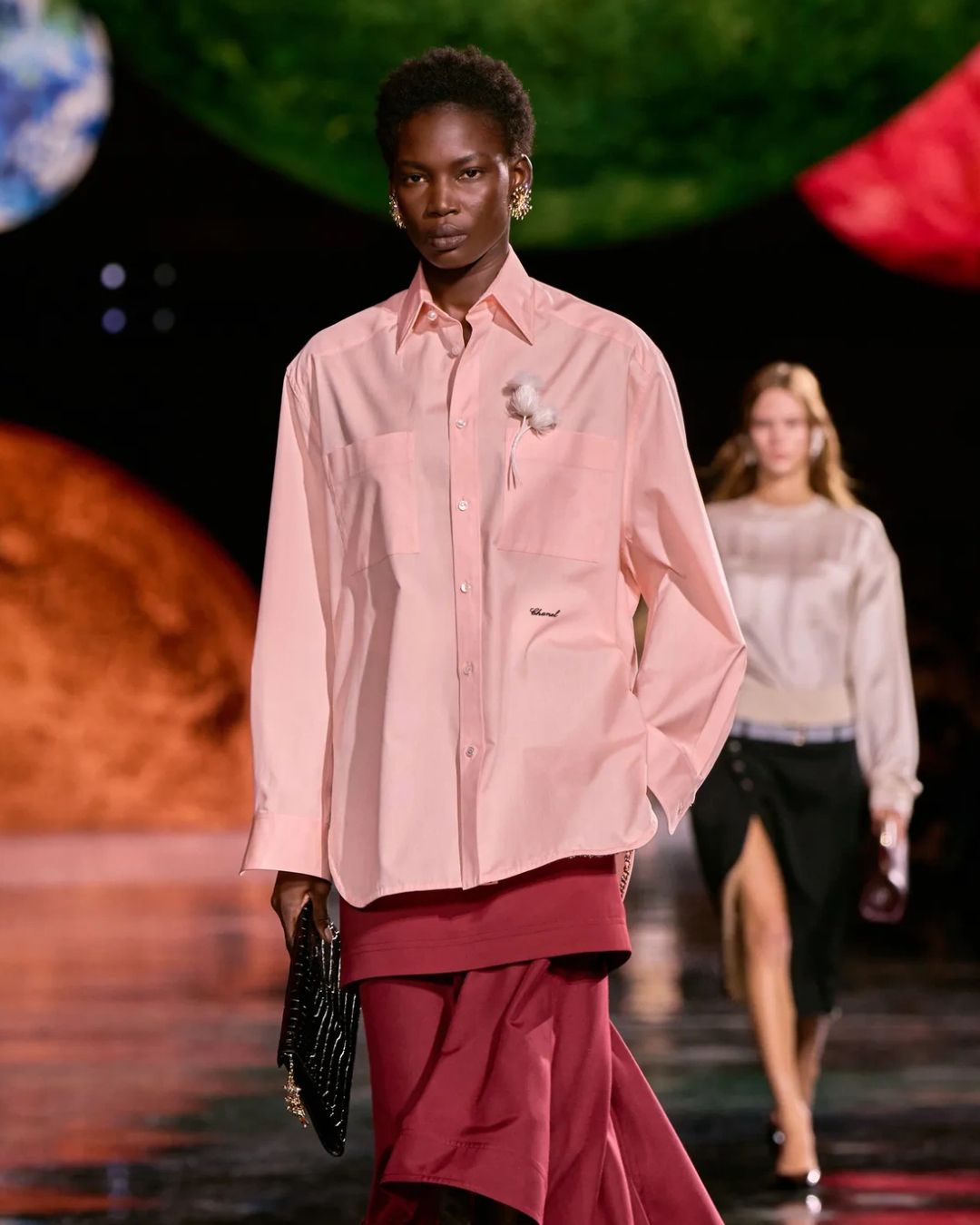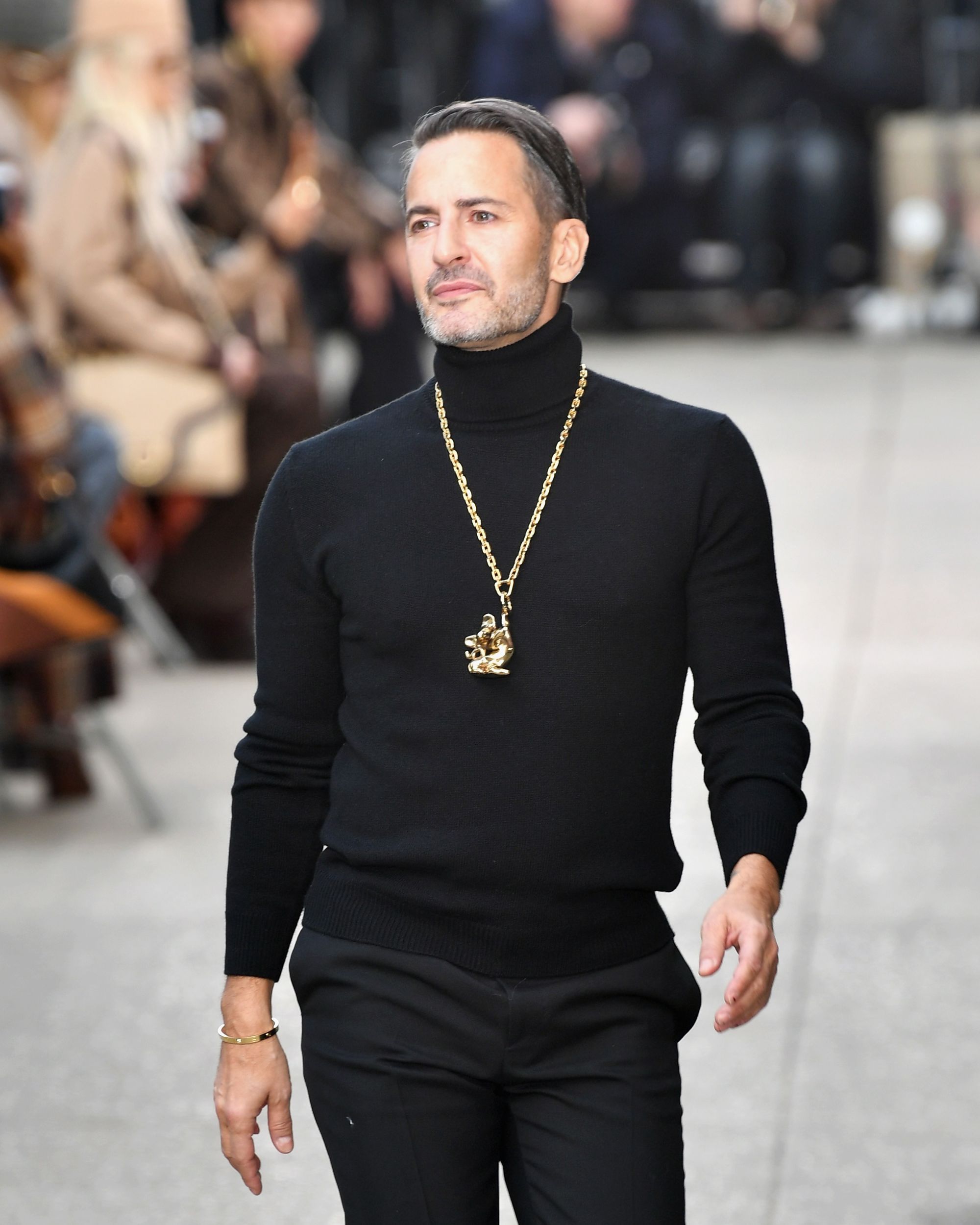
Marc Jacobs wants to work for Chanel But apparently no one has responded to him yet
«There is only one job I want, and no one has asked me to do it», said Marc Jacobs last week to the WSJ referring to Chanel. Perhaps just a joke, but the designer followed up by saying he had tried to contact the brand’s executives through Sofia Coppola, a friend of Jacobs and a frequent collaborator with the French brand, without receiving a response. As the WSJ explains, the brand was contacted but declined to comment—enough, however, to spark speculation among fashion insiders around the world: what if Marc Jacobs could work the same magic at Chanel that he did two decades ago at Louis Vuitton? With the recent choice of a new creative director, Chanel’s vast empire will indeed embark on a new path in its history. Considering that Chanel's power largely rests on enduring products like bags, fragrances, and beauty, the strategy it may pursue could involve returning to the vibrant pop atmospheres of the Karl Lagerfeld era and reconnecting with the crucial Gen Z audience, following a similar trajectory to the one that Miu Miu has set in recent years with its explosive growth. It’s quite telling, nonetheless, that Jacobs made such a bold statement when typically, creative director negotiations are treated like state secrets.
Considering this possibility, however, the choice would not be entirely unwarranted. Jacobs is one of the world’s most recognized designers, having successfully launched a line of bags that made waves in the middle market despite a smaller but still strong ready-to-wear segment; he created a successful Mary Jane model, relaunched his beauty line, and notably expanded with a youth-focused brand, Heaven, designed by the brilliant Ava Nirui, which has become a phenomenon in its own right. This is not to mention his celebrity-filled campaigns and recent shows, all of which went fairly viral online and were well-received by critics. Jacobs may not be fully independent (after all, he is part of LVMH assuming the conglomerate does not want to sell), but the designer has certainly found a way to remain relevant without following the somewhat tired playbook of other brands—perhaps perceived as more prestigious but increasingly distanced from the paying public due to a shift towards an ever more elite audience. One might argue that Jacobs’s sense of classic elegance, mixed with his humor and personal popularity, could be a good match for Chanel—provided that Simon Porte Jacquemus doesn’t claim the throne first.










































